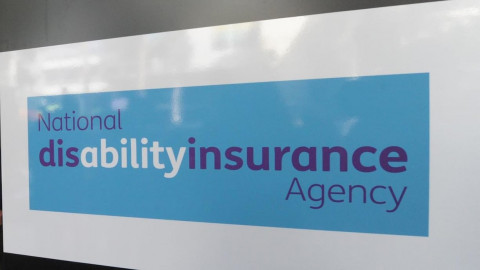
Angus Livingston
The number of people who need autism support from the National Disability Insurance Scheme is still rising despite rules being tightened to exclude more applicants.
New data shows autism rates of people accepted into the NDIS are increasing, even though the rate of people with autism rendered ineligible for the scheme has jumped significantly.
The NDIS cracked down on autism diagnoses in early 2018 and data released on Tuesday shows growth in access to the scheme trended down after a high point in June last year.
Growth in new approvals was trending upwards to 20 per cent in June 2018 but was down to just 10 per cent by December.
But even despite that crackdown, prevalence rates increased at the five NDIS trial sites, meaning more people with autism diagnoses are making it into the scheme.
"For age groups seven to 44, quarterly growth rates are higher for (autism spectrum disorder) than for other disabilities," an NDIS report published on Tuesday said.
The data also shows more than 50,000 people who had never previously had support for autism have won approval for packages.
Government Services Minister Stuart Robert said the regular release of the data would build a clear and accurate picture of what is working in the NDIS and what challenges need to be overcome.
He told parliament there were changes already being made to the Early Childhood Early Intervention approach.
"In some areas there's been longer than ideal wait times for children. Clearly, these wait times are unacceptable and we've made it a very clear priority to turn it around," Mr Robert said.
Under the changes, children experiencing delays in getting their ECEI plan will get an interim plan for six months until the correct one is in place.
The stats show the majority of new entrants to the NDIS with autism are children.
People with autism spectrum disorder make up 29 per cent of participants in the NDIS - the largest group, ahead of those with an intellectual disability on 27 per cent.
In 2018 the National Disability Insurance Agency said a surge in the number of children being diagnosed with autism was a cost pressure it would have to manage.
People diagnosed with level two autism were then ruled no longer automatically eligible for government support, although the agency later claimed this was a 'mistake'.
An advisory group was set up to help the government deal with the number of new entrants to the scheme.